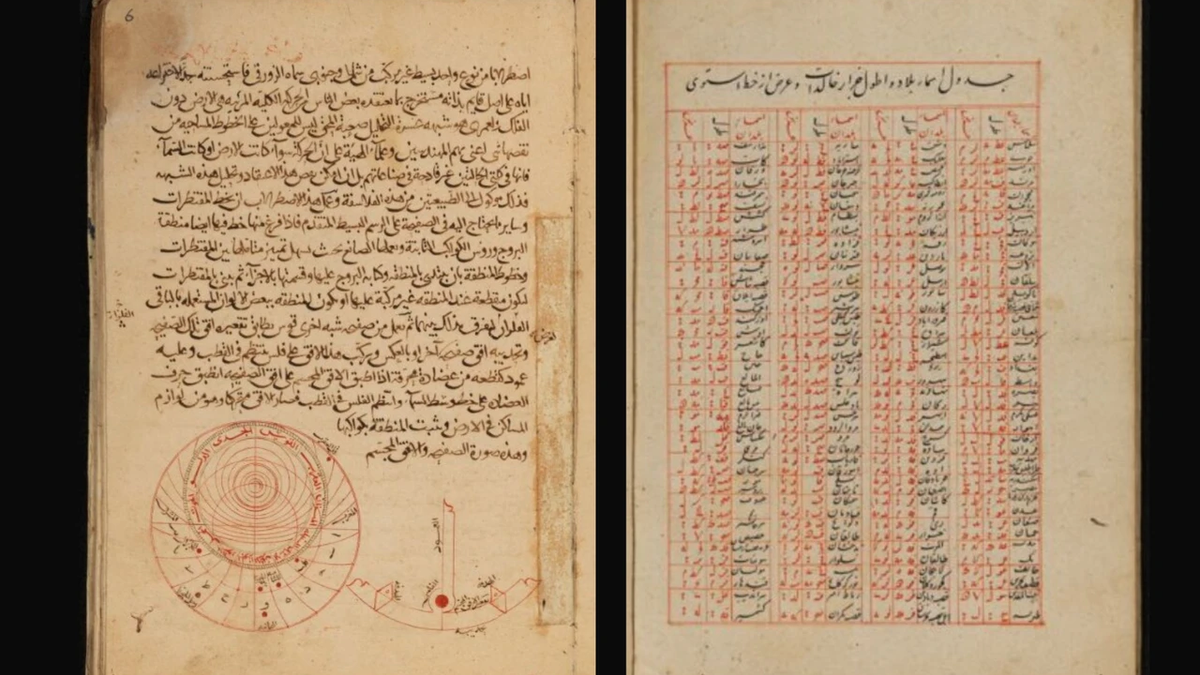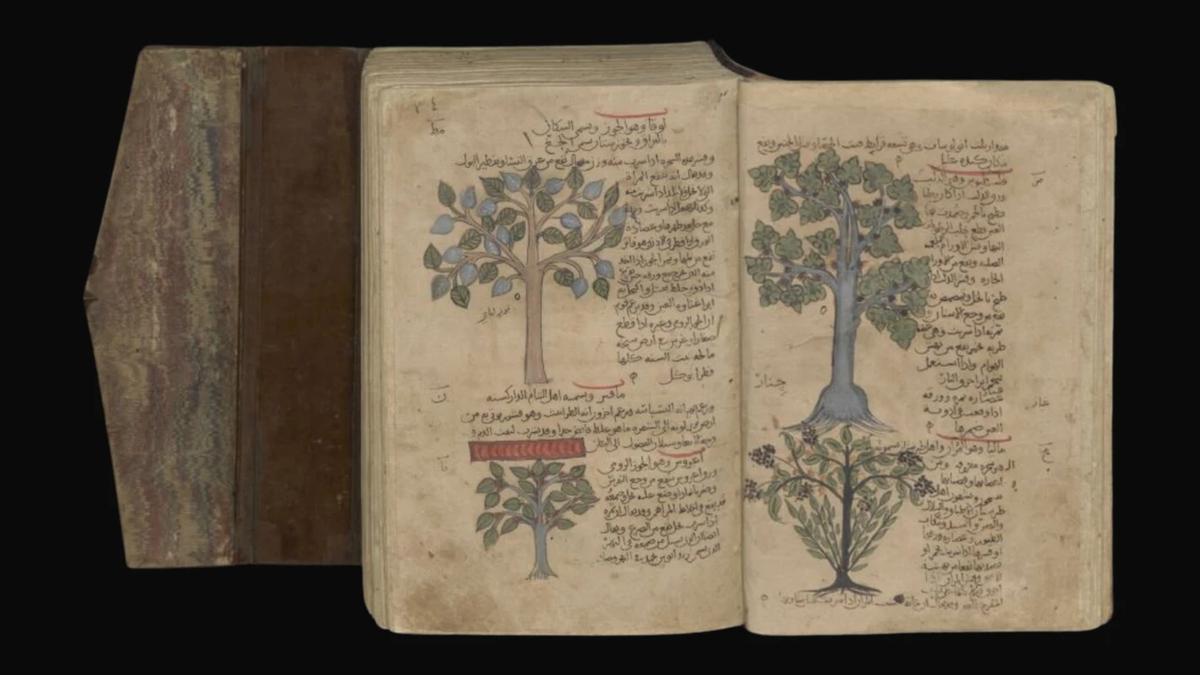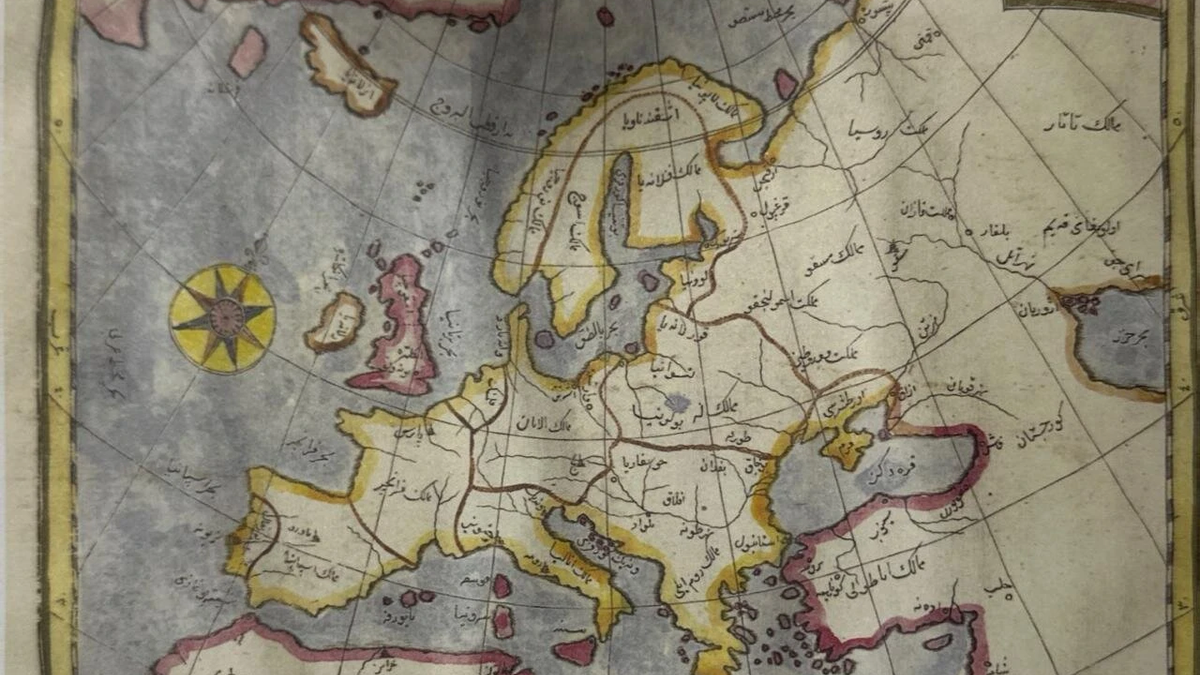The long-lost writings of Apollonius of Perga, a renowned Greek mathematician from antiquity, have resurfaced in the Netherlands. Known as "The Great Geometer," Apollonius's groundbreaking work on conic sections revolutionized mathematical understanding. His eight-book series, "The Conics," explored the intersection of planes and cones, demonstrating that the intersecting plane didn't need to be perpendicular. Two of these books, preserved in an 11th-century Arabic manuscript, along with accompanying illustrations and calligraphy, have been identified within the collection of Leiden University Libraries.

These significant texts were originally obtained by Jacob Golius, a 17th-century Dutch mathematician, during his travels in the Middle East. Dutch mathematician and historian of science, Jan Pieter Hogendijk, examined the Arabic manuscript, praising its scientific value and the artistry of its calligraphy and decorations, noting that it reflects the intellect and dedication of medieval Muslim scientists and scribes.

Hogendijk further commented on how these qualities contrast with today's technology-driven world. The rediscovery of Apollonius's work offers a glimpse into the history of mathematics and the transmission of knowledge across cultures and centuries.









